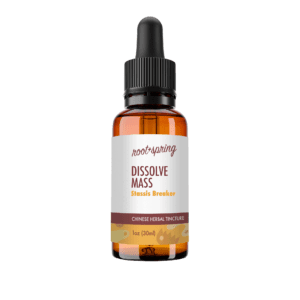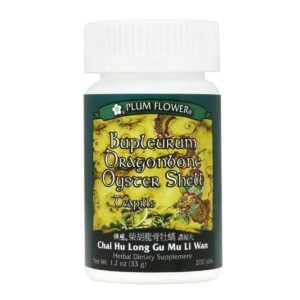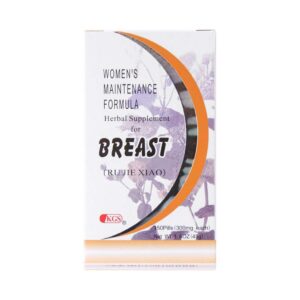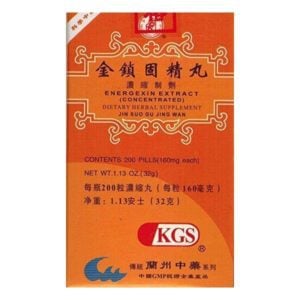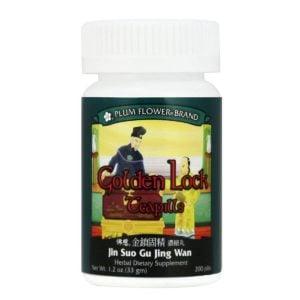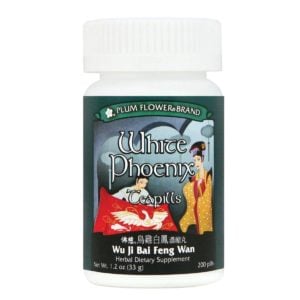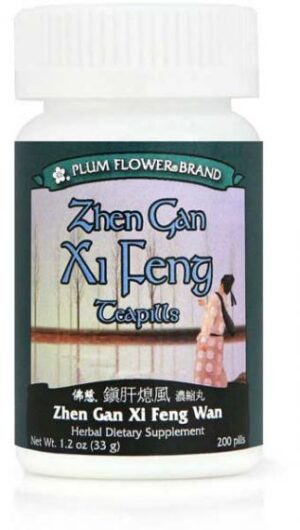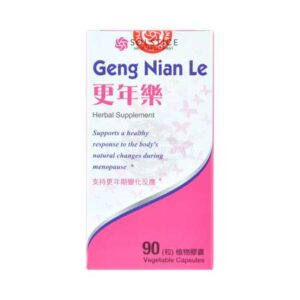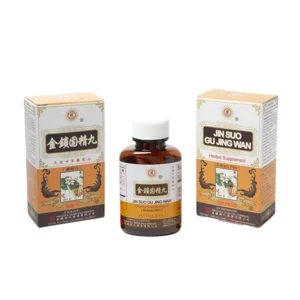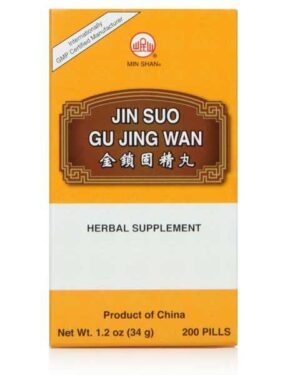Your cart is currently empty!
Mu Li
English Name: oyster shell
Pharmaceutical Name: Concha Ostreae
Medica Category: Liver-Calming and Wind-Extinguishing Herbs
Properties: Mu Li enters the Liver and Kidney channels; it is salty and astringent in nature and cool in temperature.
What is Mu Li?:
The Chinese Herb Mu Li is crushed oyster shell of one of three species of oyster (Ostrea gigas (Thunb.); O. talienwhanensis (Crosse.), which are found in coastal waters off Northern China, or (O. rivularis (Gould), which is found all along the entire coast of China. For use as medicine, the oyster shells are cleaned and then smashed/crushed into quite small pieces. The pieces can either be used unprocessed, be dipped in vinegar and baked , or be heated at a high temperature (i.e. calcined) before decoction.
Traditional Chinese Medicine (TCM) Therapeutic Actions of Mu Li:
Mu Li (unprocessed) is heavy and sinking in nature and benefits deficient Liver yin to help anchor Liver yang rising. Clinical manifestations of Liver yang rising addressed by this herb include: irritability, short temper, insomnia, palpitations, red/flushed face, headaches/increased pressure in the eyes, dizziness, and vertigo.
Mu Li (vinegar-dipped) treats hot phlegm that has hardened into palpable masses/nodules. Clinically, it is used to address various kinds of lumps/palpable masses (such as scrofula and goiter).
Mu Li (calcined) prevents/astringes leakage of body fluids due to deficiency. Clinical presentations of this include nightsweats, spontaneous sweating, spermatorrhea, vaginal discharge, and enuresis.
Mu Li (calcined) contains several derivatives of calcium and is used in its calcined, powdered form to neutralize stomach acid, relieve pain, and stop bleeding. It is used to address cases of Stomach fire, which are characterized by acid regurgitations, duodenal/peptic ulcers, stomach pain, and sour breath.
–safety/clinical notes:
Contraindicated in patients with damp-heat or excess conditions (due to its astringent properties).
Products Containing Tag: Mu Li – Oyster Shell – Concha Ostreae
-
Dissolve Mass (Stasis Breaker) – Liquid Extract (Tincture)
Add to CartStarting at $14.00
-
Ru Jie Xiao – Women’s Breast Maintenance Formula
Add to Cart$6.99
-
Jin Suo Gu Jing Wan – Energexin Extract – Kingsway (KGS) Brand
Add to CartStarting at $6.99
-
Plum Flower – Golden Lock (Jin Suo Gu Jing Wan)
Add to Cart$19.23
$25.20 -
Solstice Medicines (Ci Brand) – Jin Suo Gu Jing Wan
Add to Cart$14.49
-
Min Shan – Jin Suo Gu Jing Wan
Add to Cart$13.83
$18.10

